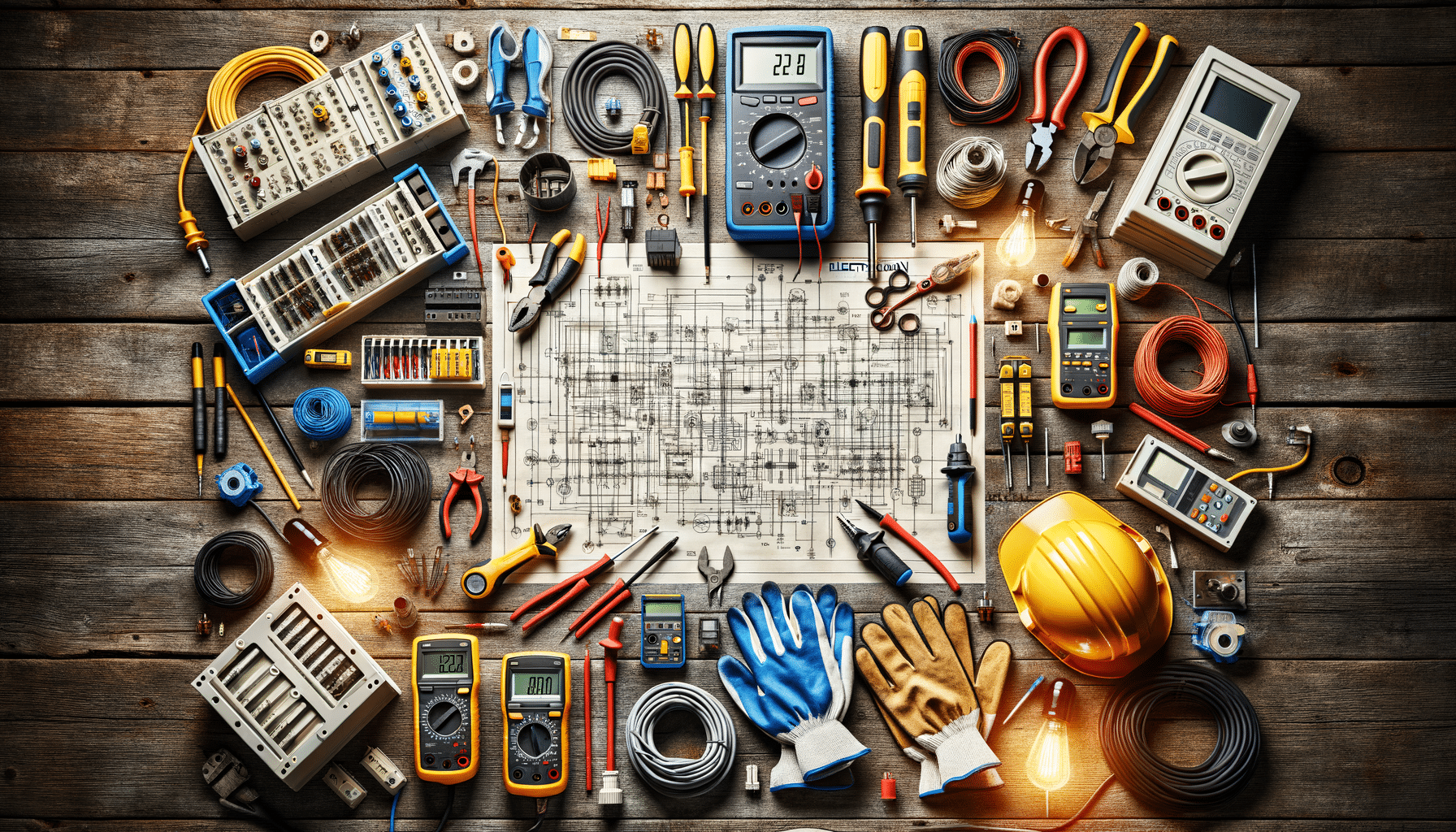Exploring the Dynamic World of Electrician Jobs
Electrician jobs are essential in powering our modern world, offering diverse career paths and opportunities.
Introduction to Electrician Jobs
Electrician jobs play a pivotal role in our technologically driven society, ensuring that the electrical systems we depend on daily are safe, efficient, and reliable. From residential homes to large industrial complexes, electricians are the unsung heroes who keep the lights on and the machines running. This article delves into the various facets of electrician careers, highlighting their importance, opportunities, and challenges.
Types of Electrician Jobs
The field of electrical work is vast, offering a range of specialties that cater to different interests and skills. Here are some common types of electrician jobs:
- Residential Electricians: These professionals focus on installing and maintaining electrical systems in homes. They handle tasks such as wiring, lighting installation, and troubleshooting electrical issues.
- Commercial Electricians: Working in business settings, commercial electricians manage more complex systems than their residential counterparts. Their work includes installing power systems, lighting, and security systems in commercial buildings.
- Industrial Electricians: These electricians work in factories and plants, dealing with high-voltage systems and heavy machinery. They are responsible for installing, maintaining, and repairing electrical components in industrial settings.
- Maintenance Electricians: Specializing in the upkeep of electrical systems, maintenance electricians ensure that all electrical components are functioning correctly and efficiently. They often work in various settings, including residential, commercial, and industrial.
- Automotive Electricians: These specialists work on the electrical systems of vehicles, ensuring everything from the lighting to the engine control systems operates smoothly.
Each of these roles requires specific skills and training, making the electrician profession both challenging and rewarding.

Training and Qualifications for Electricians
Becoming an electrician requires a combination of education, hands-on training, and, in many cases, certification or licensing. Here’s a typical path to becoming a qualified electrician:
- Education: Many electricians start with a high school diploma or equivalent, focusing on subjects like math, physics, and electronics.
- Apprenticeship: An apprenticeship is a crucial step, providing aspiring electricians with hands-on experience and mentorship under experienced professionals. These programs typically last four to five years and combine classroom instruction with on-the-job training.
- Licensing and Certification: Most regions require electricians to be licensed. The requirements vary but generally include completing an apprenticeship and passing a licensing exam. Additional certifications can enhance an electrician’s credentials and open up more job opportunities.
Continuous education is also essential in this field, as technology and safety standards evolve. Electricians often attend workshops and courses to stay updated on new techniques and regulations.
Challenges and Opportunities in the Electrician Profession
While the electrician profession is rewarding, it comes with its own set of challenges. The job can be physically demanding, requiring electricians to work in various environments, sometimes in confined spaces or at great heights. Safety is a significant concern, as electricians work with high voltages and complex systems, necessitating strict adherence to safety protocols.
Despite these challenges, the profession offers numerous opportunities. The demand for skilled electricians is growing, driven by the expansion of renewable energy technologies, smart home systems, and the ongoing need for electrical infrastructure maintenance and upgrades. Electricians with specialized skills, such as those in renewable energy or automation, are particularly sought after.
The profession also offers opportunities for advancement. Experienced electricians can move into supervisory roles, start their own businesses, or transition into related fields such as electrical engineering or project management.
Future of Electrician Jobs
The future looks promising for those in the electrician profession. As the world moves towards more sustainable energy solutions, electricians will play a crucial role in installing and maintaining solar panels, wind turbines, and other renewable energy systems. The rise of smart homes and the Internet of Things (IoT) also presents new opportunities for electricians to work with cutting-edge technology.
Moreover, the ongoing digital transformation across industries means that electricians will increasingly be needed to install and manage complex electrical systems that support automation and connectivity. As technology continues to evolve, electricians will need to adapt by acquiring new skills and staying informed about the latest advancements.
Overall, electrician jobs offer a stable and dynamic career path with numerous opportunities for growth and specialization. For those with a passion for technology and a knack for problem-solving, a career as an electrician can be both fulfilling and lucrative.